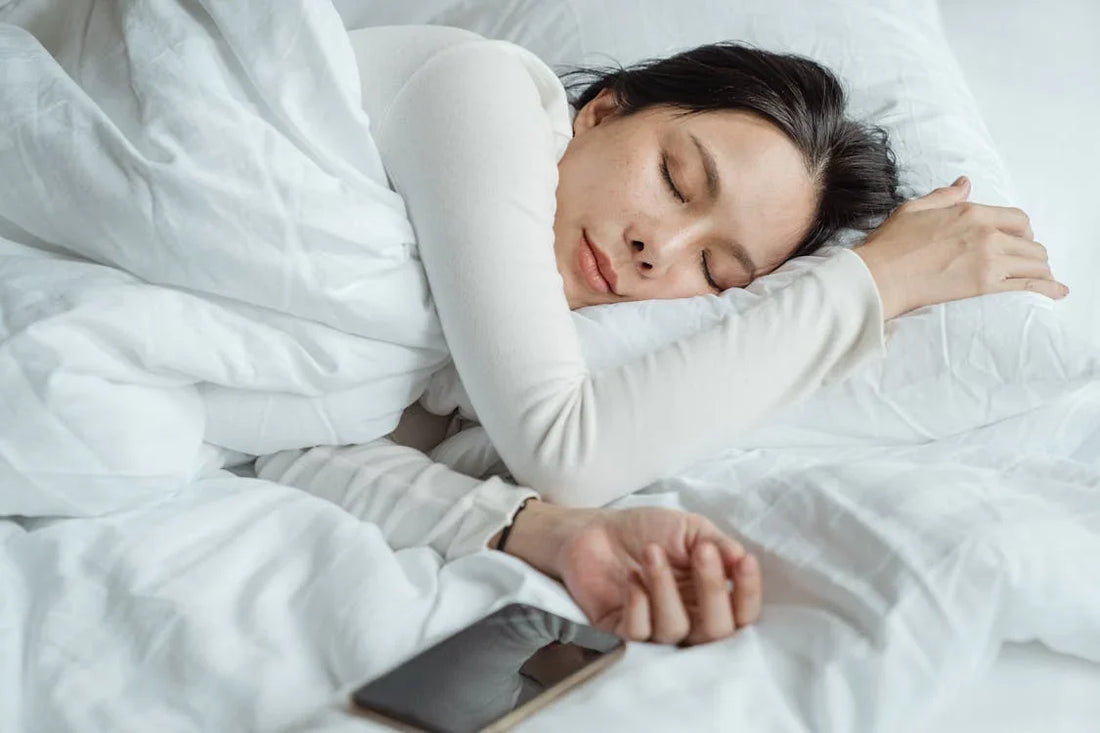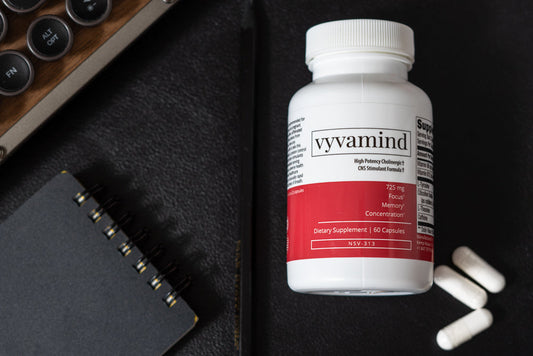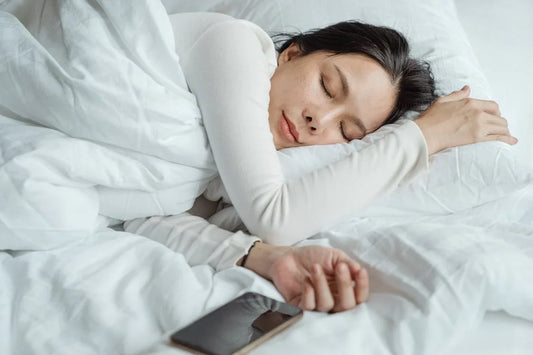Can You Sleep on Nootropics?

Sleep is something all of us humans need. Whether you’re a morning person or you love an early night, for most of us, there’s nothing better than getting some good rest and recovery.
As most of us look for ways to boost cognitive performance, nootropics have quickly become a staple in providing energy, motivation, and productivity. But how do they affect sleep?
No matter which nootropics you’re taking, if you’re lacking in sleep, you will still feel foggy and tired.
So can you get the best of both worlds? Mixing nootropics and sleep is doable, but you need to do it right to get the best effects.
In this guide, we’re going to tell you more, so let’s take a look.
Understanding Nootropics
Nootropics are often called ‘smart drugs’ and for good reason. There are two types of nootropic, natural and synthetic. Synthetics often deliver fast results, giving you the burst you’re looking for within twenty minutes in some instances. Natural nootropics are different, offering gradual improvements that over time can take your cognitive function to the next level.
So how do these affect your mind and body?
Depending on the nootropic, you may see interactions with dopamine, serotonin, and more. This cloud leave you feeling alert, active, and focused. Things that are great for getting the best out of a working day, but not exactly what you’re looking for when going to sleep.
The Interaction Between Nootropics and Sleep
Some nootropics, such as probably the most commonly taken one, caffeine, are not made for taking before sleep. These are stimulants and can block natural sleep signals, leaving you lying in bed staring at the ceiling rather than getting some shuteye.
But that doesn’t mean all nootropics are bad for sleep.
There are some that have a very different affect on the human mind, such as L-theanine, often found in green tea. This is often taken with caffeine as it balances out the jittery, wired feeling you get and provides a sense of calm.
L-theanine and magnesium promote a much more relaxed state and therefore can help you fall into a deep, calm, sleep.
Of course, no person is the same, and every brain is different, so it's always worth starting slow and testing out how your own body reacts.
And then there is the issue with dealing with sleep deprivation. If you’re feeling tired, then stimulants such as caffeine can help power you through a day. Tyrosine, a big player in supporting dopamine production, is another that can provide mental energy and be a big help when in this state.
Cognitive Enhancement and Sleep
Sleep is vital for a human to function. It gives our body and mind time to recover, helping us build memories and replenish everything from muscles to brain function.
If you are taking cognitive enhancers and looking to avoid sleep disruption, then how can you do it?
Well, we’ve compiled some tips to help you take nootropics without losing a second of sleep:
-
If taking stimulants such as caffeine, make sure you stop 6-8 hours before bedtime, so the effects have chance to wear off before it is time to relax.
-
Combine nootropics to ensure any that may make you alert and awake can be balanced out by something that relaxes you, such as the aforementioned L-theanine.
-
Choose the right nootropics. There are a lot of options out there, and some are better than others at helping you sleep, so take your time, do your research, and make good choices for your sleep.
-
Don’t just think of the nootropics, make sure you’re optimising sleep anyway. Create a good sleep environment, try to avoid screens before bed, and make sure your room is cool, dark, and quiet.
Why Choose Vyvamind?
While Vyvamind is not a sleep substance, it is a great choice if you’re looking for comprehensive cognitive support throughout the day and great sleep at night.
Firstly, it has just the right amount of caffeine to keep you feeling alert without sleep disruption (if taken at the right time, as mentioned above).
What we’re saying is 10 hours after taking Vyvamind you should be in a good state for some quality rest.
Vyvamind also uses other nootropics such as L-theanine. These have been carefully chosen with precise dosages to ensure you get maximum effects without feeling jittery, or other side effects.
Vyvamind works with your natural body rhythms, avoiding tolerance even when taking daily.
Using Nootropics for Sleep
The answer to the key question of can you sleep on nootropics isn’t easy to answer. On the one hand, some nootropics really wake you up, which is not what you need when trying to rest.
Some can help though, putting you in a relaxed and calm state.
The key is knowing what to take and when to take it.
For exact measurements and a natural combination of effective nootropics, Vyvamind stands out as a great choice for everyone from gamers and students to traders and public speakers.
Taken during the day, it can help you get a great burst of cognitive enhancement, followed by a good nights sleep, which is the perfect pairing for a healthy mind.




